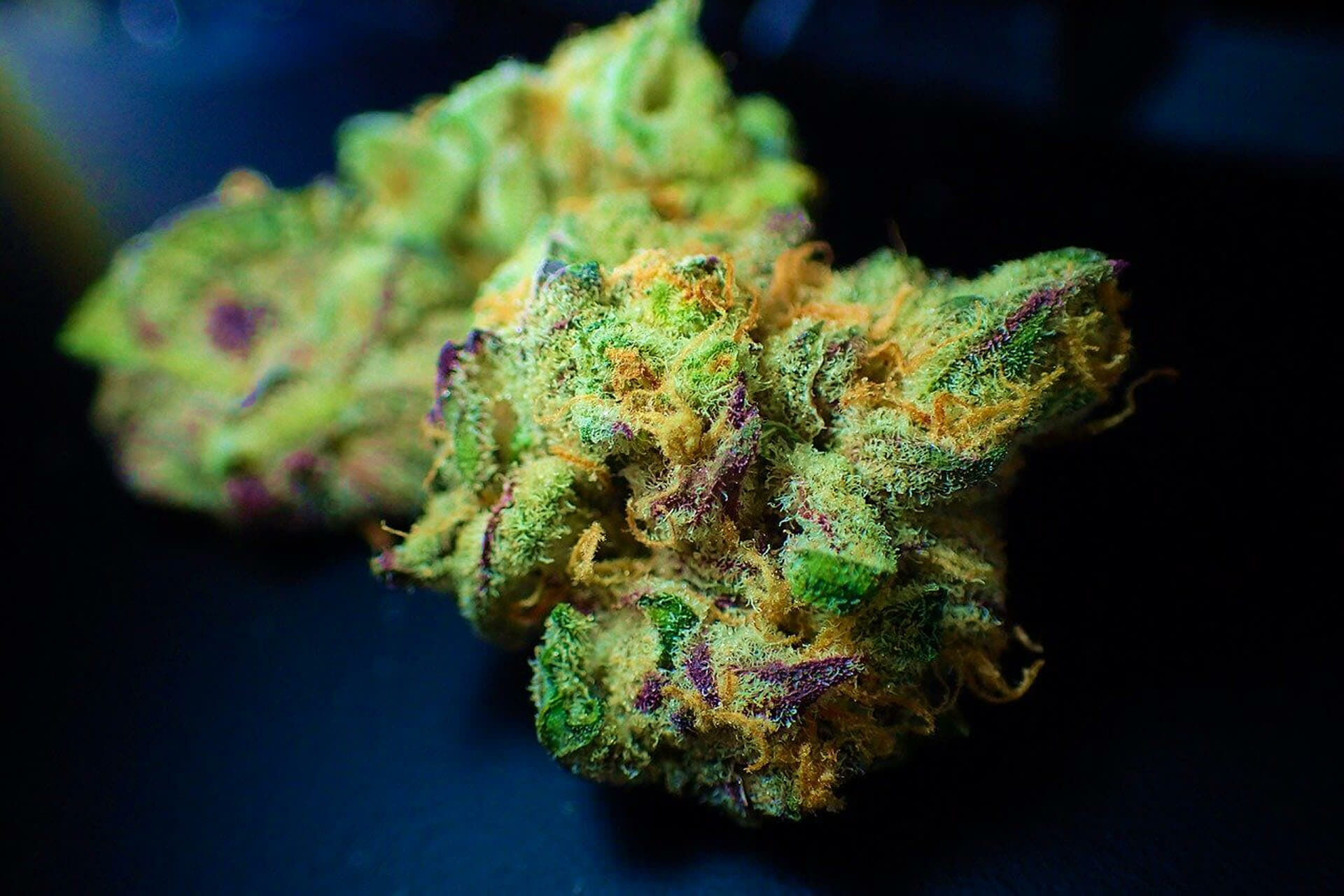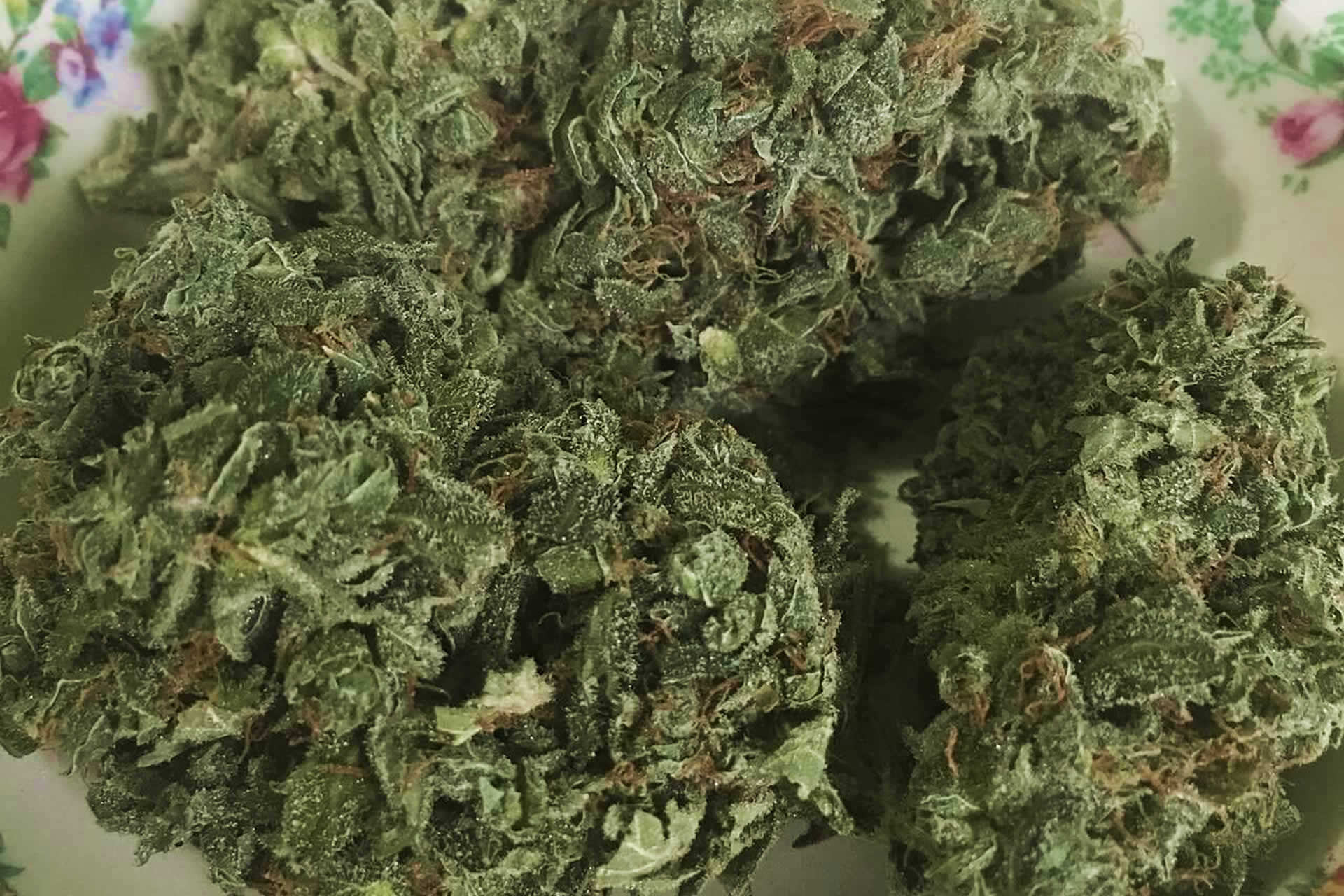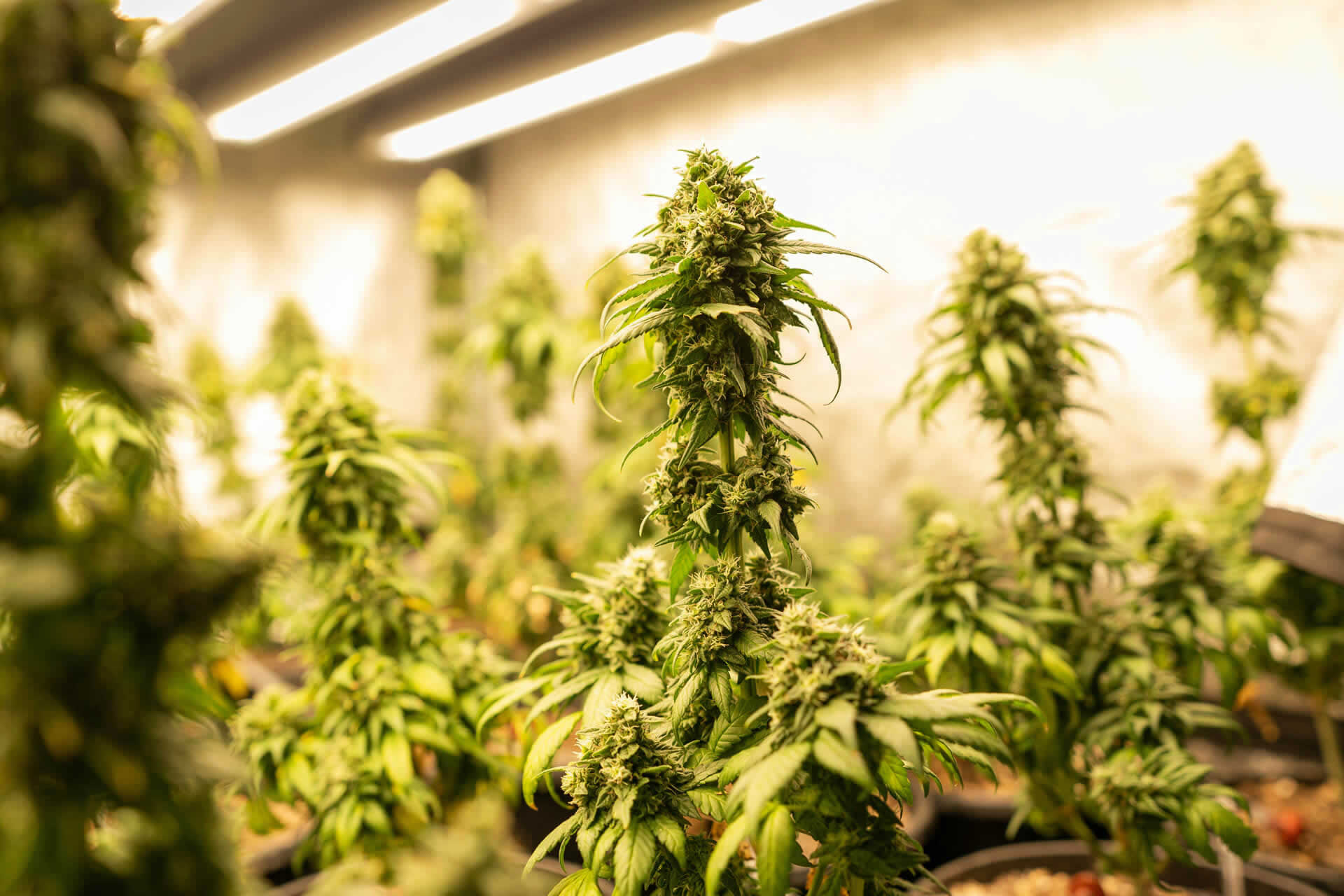Various Strains Of Medical Skunk
Various Strains Of Medical Skunk
A Strain With A Presence
There are a wide variety of cannabis strains being developed throughout the globe today. It is among the most frequent and has become a generic word for skunks. Medical Skunk is commonly used for many other species since they have powerful genetics. It is well known for its sweet flavor and enormous buds that give a tremendous crop.
A powerful, animal-like odor inspired the name for this specific strain of cannabis. The term remained and is still used, even though current varieties don't smell as strongly. Many people claim that smoking skunk in the '90s was preferable to the other strain they had recently tried.
What Is Medical Skunk?
Cannabis that has been genetically modified to produce the skunk-like aroma is known as a skunk. From the Netherlands, the Skunk strain spread to other countries. It can be found in about half of all current cannabis genetics. As a slang term for cannabis, the word "skunk" has come to refer to a particular strain of cannabis that was initially produced in the United States in the 1970s and popularized by Dutch farmers.
As the name suggests, the scent of Skunk has been compared to that of strong-smelling cannabis. Like other strains of cannabis, the Skunk is usually produced inside or in greenhouses when complete outdoor settings are not possible; skunk strains are a mix of Cannabis sativa and Cannabis indica.
The Impact Of Skunk
As soon as you open the containers, you may anticipate a nose-tingling burst of skunk scents. When you smoke or vape the buds, you may notice a strong aroma. Particular cannabis enthusiasts adore Skunk for its unique flavor and odor. Furthermore, you may find a potent and long-lasting psychoactive high that is stimulating, fulfilling, and wonderfully pleasurable with THC levels of 20% or above. It's common for growers to like the output of Skunk cannabis seeds, and many won't cultivate any other variety of cannabis seed.
The Developing Skunk
During a cross breeding experiment, skunk cannabis was created. The taller Sativa plants of South America and Asia were crossed with shorter Pakistani and Afghani strains (suited to mountainous growth conditions). The outcome was a powerful cannabis plant with a strong fragrance and a higher potency than previously tested strains.
Another significant feature of the new strain was being cultivated outdoors, even if the conditions weren't ideal. With its potential to grow in greenhouses, it quickly became a favorite option among Dutch farmers. Skunk #1 was eventually renamed after the strain.
Skunk continues to be developed today because of its potency, adaptability to various growing environments, and reliability in yield. Furthermore, as it became more prevalent, many sub-strains have been produced.
Different Strain Of Medical Skunk
Everyone can be sure that the Skunk lineage will continue to play an essential role in future cannabis strains, given how many offspring it has produced. This strain's genetics has influenced several current cannabis varieties, making it a perfect choice. The following are its strains:
Super Skunk
Skunk #1 and an Afghani hash strain created Super Skunk. Soon after its introduction, Super Skunk received a Cannabis Cup title. This strain has a strong aroma and produces resinous buds that are thick and dense. It has a pleasant flavor and has sedative and muscle-relaxing properties.
White Skunk
Sativa genes were used to create White Skunk. Sativa genetics are evident in the large, open blooms that resemble Skunk's distinctive fragrance. It has a bitter orange scent, is euphoric, and makes users more concentrated and relaxing.
Skunk Kush
This strain is also a cross between Skunk #1 and a robust Afghani strain known as Skunk Kush. Skunk Kush is the term given to the Afghan strain since it is derived from the Hindu Kush.
Early Skunk
Skunk #1 and Early Pearl were used to create this strain, and it is an indica-dominant hybrid. It's popular because of its quick blooming time and large yields. Also, it provides a calm and joyful high with creative and concentrated cognitive inclinations for its users.
Shiva Skunk
Shiva Skunk is the most delicate strain. This strain has the classic odor, while the high yields originate from its Northern Lights ancestor. Shiva Skunk is a favorite of many individuals for consumption in the nighttime.
Sensi Skunk
In contrast to Skunk’s typical firm, earthy odor, Sensi Skunk has a citrus flavor. As a result, it has an indica-dominant impact, resulting in a mellow, euphoric high. Stress alleviation, sleep, and muscular relaxation has been attributed to its hypnotic effects.
Conclusion
Skunk varieties are distinguished by their powerful and deep fragrance. And many users enjoy the rich medicinal aroma. Skunk chemicals have a delightful flavor that enhances the THC content of skunk flowers. With these cases, it's hardly surprising that it's becoming increasingly popular.








